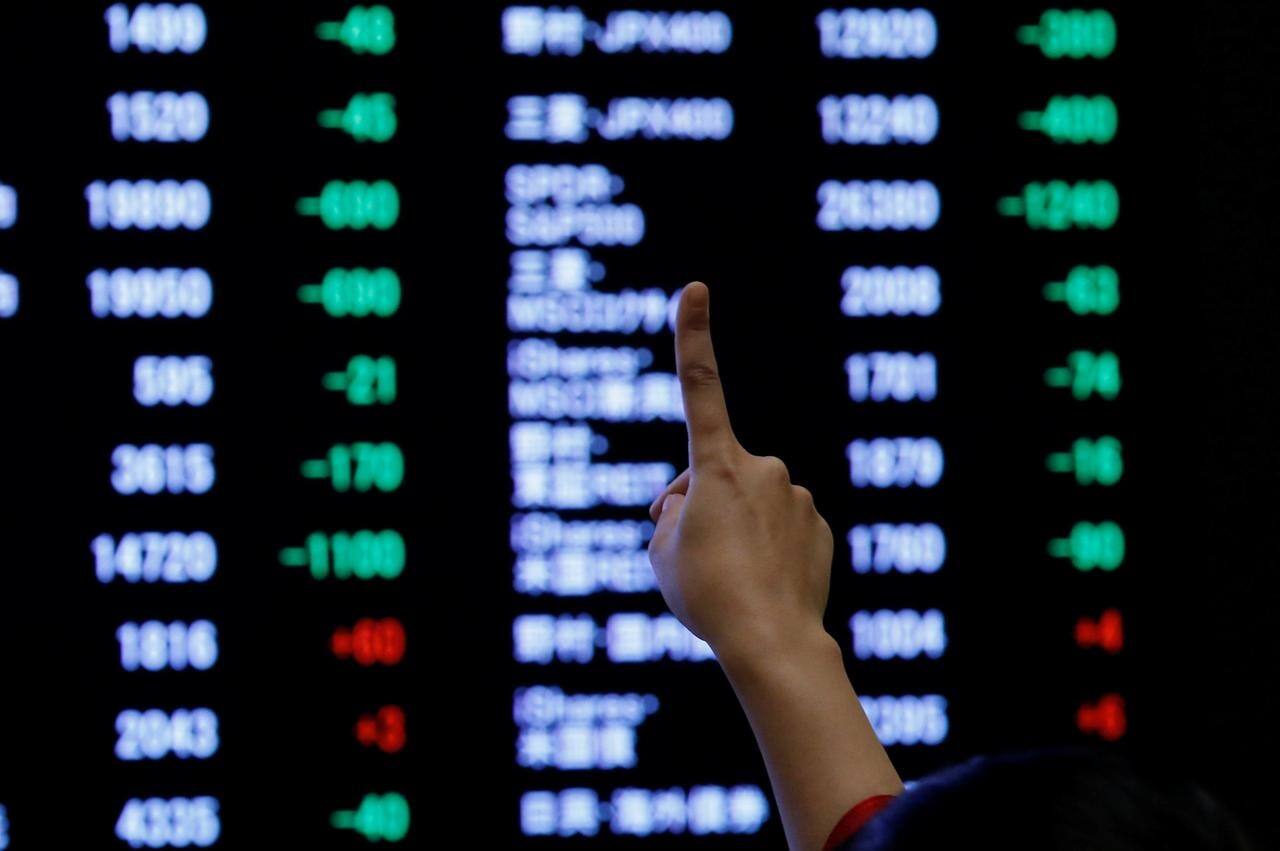Domestic institutional investors (DIIs) turned net sellers in the month of November. NSE Data shows that DIIs offloaded stocks worth around Rs 6,300 crore in November 2022. Despite the selling, India’s benchmark indices BSE Sensex and NSE Nifty 50 scaled new highs, as Foreign institutional investors (FIIs) pumped in over Rs 22500 crore last month. According to analysts, the selling by DIIs in November was due to valuations turning expensive, and profit-booking. So far this year till June, DIIs have been buying at an average of over Rs 35,000 crore per month. However, the pace has slowed down from June onwards. FIIs have net offloaded equities worth over 2.64 lakh crore so far in 2022, while DIIs have net bought shares worth over Rs 2.52 lakh crore.
Also Read: Apollo Tyres, Bharti Airtel among 130 BSE stocks to hit 52-week highs, 18 fall to 52-week lows
According to Deepak Jasani, Head of Retail Research, HDFC Securities, the fact that Indian markets have recovered from every fall and made new highs after the Covid crash has brought some amount of complacency among investors – both local and foreign. “Investors are worried about selling aggressively even in the face of apparent negatives – whether local or global, as they are afraid of losing out on the next upside. Our markets are valued highly going by global and our own past valuations. Despite this, investors feel that India as a market may continue to outperform for quite some time. The recent rise in debt yields has not dampened the lure for equity in any significant manner,” Jasani said.
Bulk of FII selling absorbed by DIIs in 2022
There has been a decoupling of Indian equity markets from the global markets, according to Siddharth Vora, Head – Investment Strategy & Fund Manager – PMS, Prabhudas Lilladher. “Bulk of FII selling seems to be behind us and well absorbed by domestic capital participants, thus in the current year, we have seen more resilience in Indian markets. As we see the FII gradually returning to India, and following a period of aggressive sustained rate hikes and high inflation, we believe macros that lie ahead could provide a positive surprise,” Vora said.
According to analysts, Indian markets have managed to touch fresh record highs despite global headwinds because earlier this year, when there were record outflows by FIIs from Indian equities, the shock was absorbed by DIIs in a big way. “Greater women in workforce, strong job markets, Record retail participation, Ease of investing facilitated by technology, improving financial literacy leading to higher awareness and financialization of savings. I think retail investors are directing more of their savings towards financial products like mutual funds. To some extent, the surge in SIPs in mutual funds has also contributed to the resilience of Indian equity markets,” Vora added.
Also Read: India’s FY23 GDP growth pegged at 7%, downside risks amid global headwinds; 35 bps rate hike likely in Dec MPC
No major downside in markets expected
Indian markets continue to remain less volatile compared to its global peers as India’s domestic demand continues to remain resilient, helped by several steps taken by the government to boost consumption, as well as manufacturing, like the Production Linked Incentive (PLI) scheme, easing of FDI norms and China+1 policy. Despite quantitative tightening by the RBI, demand continues to remain resilient, according to Narendra Solanki, Head- Equity Research (Fundamental), Anand Rathi Shares & Stock Brokers. With DIIs now booking profits, a runaway rally in the Indian share market is unlikely, however, there is no major downside expected either.




